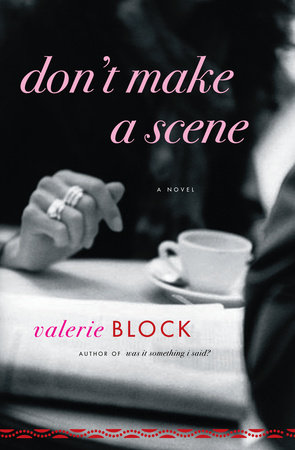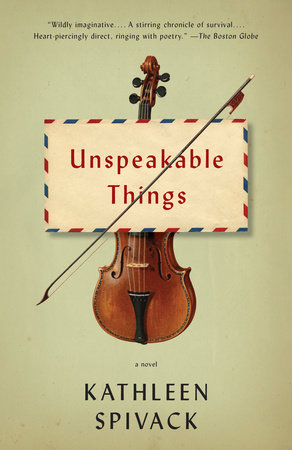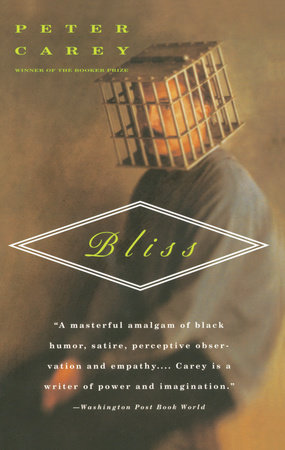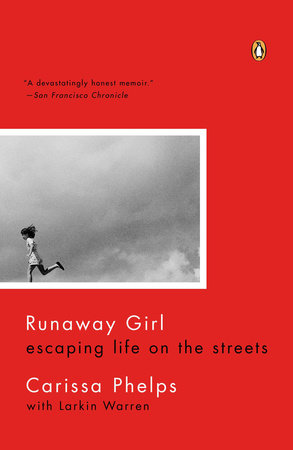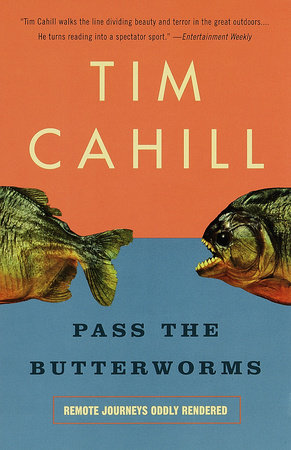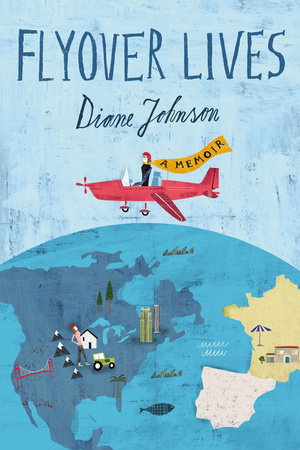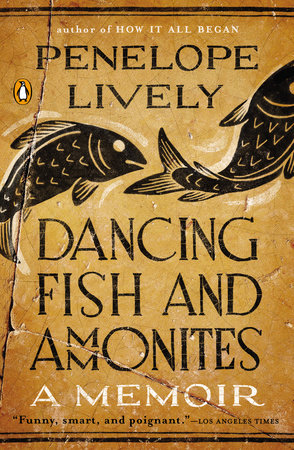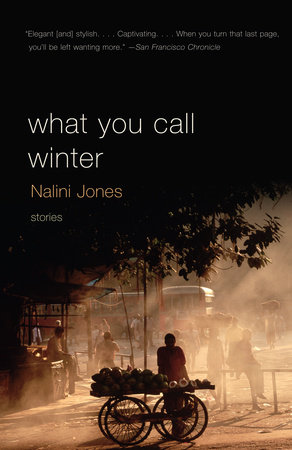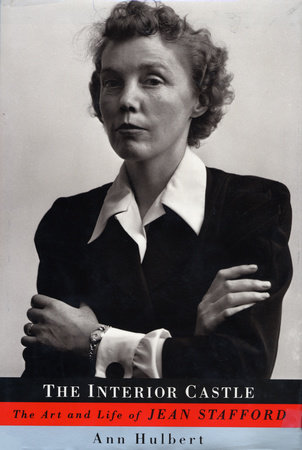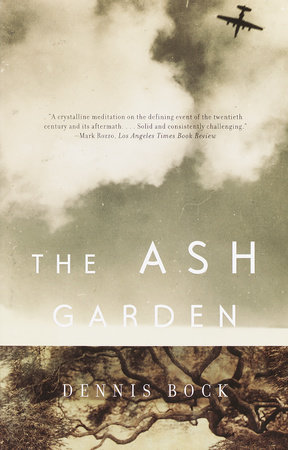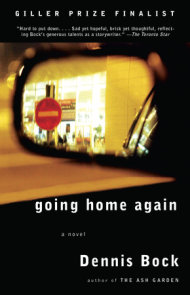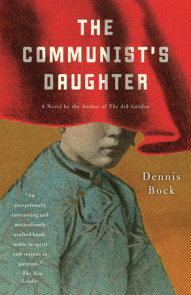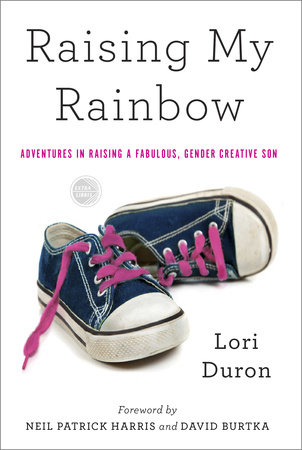Author Q&A
A Conversation with Dennis Bock, author of The Ash Garden
Q: What made you want to write a novel about Hiroshima and its aftermath?
A: As a reader I’ve always been drawn to the “Big Question” book. Philosophical, difficult, set in their particular time—the kind of book that isn’t afraid to ask tough questions. In the same way I’m put off by books that pretend to answer the questions they raise. There can’t be answers—not sincere or meaningful answers—to the questions raised in a great book.
For me a novel doesn’t try to solve riddles, but instead simply lay them out, expose, or state those riddles in new, arresting, and entirely crucial ways. In raising those questions—by positioning your characters, building your setting and your drama—you approach the heart of what it is to be human. Cliche, I know, but what other reason could there be? Specifically, at this point in my life, I can’t think of any one question more important, more interesting and terrifying than Hiroshima and its aftermath. Everything in that history fascinates me. And there will never be any complete and satisfying decision regarding the bomb’s use. We will be asking questions about it for the next five-hundred years.
Q: What kind of research did you conduct while writing The Ash Garden? Did you meet with people involved in the construction of the bomb? With those like Emiko who barely survived it? Did you travel to Japan, New Mexico?
A: I didn’t meet anyone. Interviews like that, for me, are too close to reportage. The characters in The Ash Garden are fictional. Someone recently said that this novel wears its history lightly. I like that. That is extremely high praise because this is not an historical novel. It has its historical setting, its real events, but no one in the book—besides the peripheral historical figures like Oppenheimer and Reverend Tanimoto—is real. Only the bomb is real here.
That being said, I sifted though dozens of books to help build the historical tone of the novel—not the facts so much as the colour. Research helps carry the plotting. You can’t deliver a character to Los Alamos without reading a bit about the place and time, and it’s the detail you’re not looking for that stays with you and ends up in the book—stuff that comes out of nowhere, that surprises you, like the billboards they had set up to inspire the workers. Or the fact that the core group of scientists, the people who witnessed the first explosion at Alamogordo, wore suntan lotion thinking this was going to help protect them from radiation. You find a detail like that and you know it’s going in the book. And not just as an aside; it finds its way into the book. It becomes a crucial metaphor for the innocence of those times, of just how new this science was—even for the brilliant minds behind its creation.
Q: Reverend Tanimoto, one of the real-life survivors of the bombing, who John Hersey profiled in his acclaimed Hiroshima, appears in this novel. Was that book influential for you?
A: The book wasn’t influential. In fact, I stayed away from it because I thought it might pull me in a certain direction. In the research I tended to favour the studies, the bland historical texts, and the photo essays. I didn’t want the event or the emotions told to me through a narrative. I needed to find my own words.
Q: All three of your protagonists flee their countries of origin during, or soon after, the war. Was this an important trait for them to share?
A: It was. But that just happened. As a writer I tend to let things land on the page. Parallels like that appear before my eyes. It’s there; then I recognize the significance and run with it. I develop it later on. A lot of what I do surprises me. I’ve often considered first and second drafts as ways of leaving hints for myself on the page which I later pick up and accept or reject, depending on impact, metaphor, or plot. Sometimes magic happens without me noticing. Sometimes it’s just crap. I can’t control it. But when it’s there it’s a wonderful sensation—like your secret writing brain is way ahead of your conscious self and just waiting for you to catch up and make something of it all.
Q: This book switches from a first-person narrative (Emiko’s story) to a third-person one (Anton and Sophie’s story.) Was it difficult to go back and forth, and why did you choose to tell Emiko’s story in her own voice?
A: Most of those sections were written with quite a bit of time between them. I wrote the lion’s share of the first-person in one fell swoop, and ditto for the third. There wasn’t a lot of movement in and out of the voices. As for Emiko’s voice, it just seemed natural, and very important, that her voice stand apart from Anton’s narrative. In this way, she, in the end, gets the last word, both literally and in terms of authority.
Q: You describe Anton as "A man with a particular and unforgiving point to be made, which was that the nightmare, terrible as it had been, would always be overshadowed by the majesty of the dream." This is surely a sentiment shared by many scientists who have been instrumental in creating weapons of mass destruction. Do you feel that such scientists are blameless for the consequences of their work?
A: The other side of blame is achievement. Lots of these guys—I’m guessing here—would still hold that view. I mean, the achievement was immense. Anton, my character, sits right there in the middle. These people were geniuses. Most of them knew what they were doing. I’m talking about context. How can you hold the capacity for genius and the need to destroy a city in the same hand? This is the question I cannot answer. Some walked away. Others were haunted by it the rest of their lives. What makes Anton interesting to me is that he struggles with ideas of guilt, yet will never admit that the bomb was a mistake.
Q: A certain interest seems to have sprung up around WWII—the Broadway play Copenhagen won the Tony for best new play last year, the star-studded movie Pearl Harbor opens this month, and a reverence for what has come to be called the Greatest Generation has arisen. What do you feel accounts for this?
A: There’s the easy patriotism, the kind you find in the movies, which is meant to offer hope in less glorious times—the sort of, remember-back-when-we-were-a-great-and-idealistic-nation kind of attitude. That’s simple, convenient, and rather staged. The real look backwards—it’s still within living memory. I guess that’s it. Many of our parents and grandparents were touched by the war. Maybe there is an unconscious, collective effort to refocus ourselves one last time before this history assumes its permanent place in the dusty books.
Q: You’ve published short stories, poetry, and now a novel. What is your writing process and how does it differ when working in various forms?
A: I mentioned leaving hints for myself in early drafts, which means I edit a lot. In terms of efficiency, I’m probably the most wasteful writer there is. I generate hundreds of thousands of words, then go back for the cull. It takes a lot of time to find the story in all that mess. Maybe in time I’ll learn to zero in on the book earlier. I see the assembling of the big mess of words in the earlier stages of the novel as the search for the right block of marble in a quarry. Only after you get your hands on the right block can you start chipping away inch by inch. Hopefully, with a couple tons of crumbling, excess marble at your feet, you get your little, perfect six-pound statue to show, gleaming and smooth, as if it existed in that block of stone all along and you were the only one able to see it. Only you know how much tonnage you had to remove to get there.



